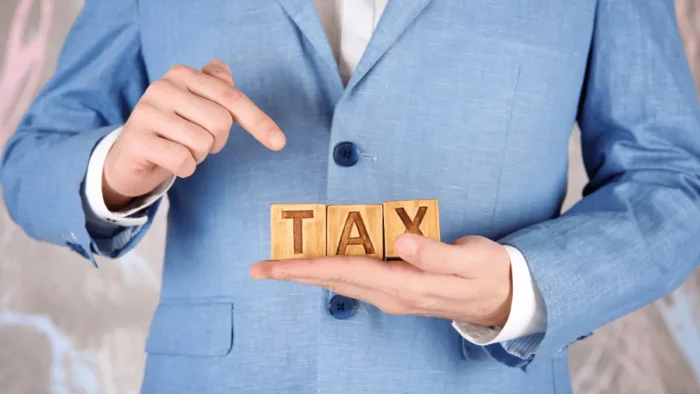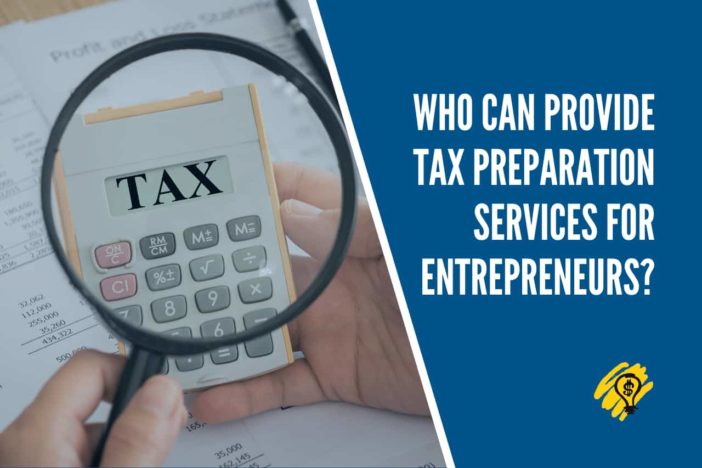Do you owe money to the IRS? You need to keep some important things in mind. The first thing that you should know is that the IRS is just like most lenders and is interested in collecting as much as it can when it can. What does this mean? They are always open to an Offer in Compromise (OIC). Remember that due tax debt can produce strong penalties.
You should also keep in mind that you need good representation when dealing with the IRS, which means that you should choose your representative carefully. You will find many firms that offer this kind of representation.
Get a free tax relief consultation
It is crucial that you realize the advantage of paying the IRS what you are able to pay at that time, no matter how small it is. When you ignore your tax debt, the IRS will have to use tough tactics on you, such as levying your assets or placing the lien on your property until you satisfy your debt. Of course, it is in your best interests to pay whatever you owe on time.
Unfortunately, in these challenging economic times, paying your entire debt is difficult for most individuals to do. As a result, many struggling taxpayers are looking for tax debt relief from firms that are knowledgeable in navigating IRS channels and handling the government. A reputable firm can assist you to get a reduction in the tax you owe as well as more time to pay your back taxes.
What is an Offer in Compromise (OIC)?
An OIC is a contract between a taxpayer and the IRS, which enables you to pay less than what you actually owe. With this agreement, you can choose to pay in installments or make a lump sum payment. Although this plan is not for everyone, this program has allowed many individuals to settle their IRS debts.
The IRS will give you an OIC in several instances: you will be approved for this program if the IRS decides that the total amount you owe is uncollectable. If you have any justifiable doubt that you owe a certain amount of tax debt – ‘doubt as to liability’, you might be given this option.
Lastly, the IRS might accept a lesser amount than you owe if paying the original amount will cause unnecessary stress and hardship to you and your family. For example, if you owe the IRS but also need money to pay for your sick child’s medical bills, you might be given the OIC.
Setting up an IRS payment plan
It is not a good idea to run away from the IRS if you are not able to pay your debts. If you approach the IRS, you might be surprised by its willingness to work with you. If you cannot afford to pay your tax liability fully, you might have to request an installment plan: IRS Payment Plan.
This arrangement allows you to repay your debt over time, depending on the amount and type of tax debt you owe. If you receive a notice from the IRS, you should start by following the instructions outlined in the notice. In most cases, the IRS will ask you to reach out by mail or phone, after which you will receive further instructions and have the chance to inquire about an installment agreement.
Bottom line
Although owing the IRS money can be nerve-racking and overwhelming, you should remember that you have options. It is quite possible to put your tax debt behind you for good.
If you are skeptical, you should look for IRS tax debt relief program reviews online: you will see some real-life examples.





